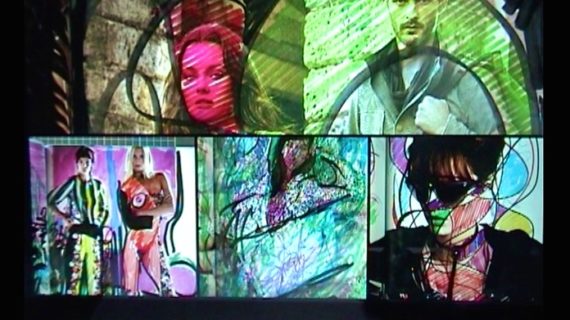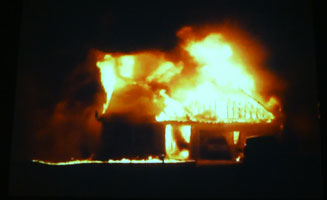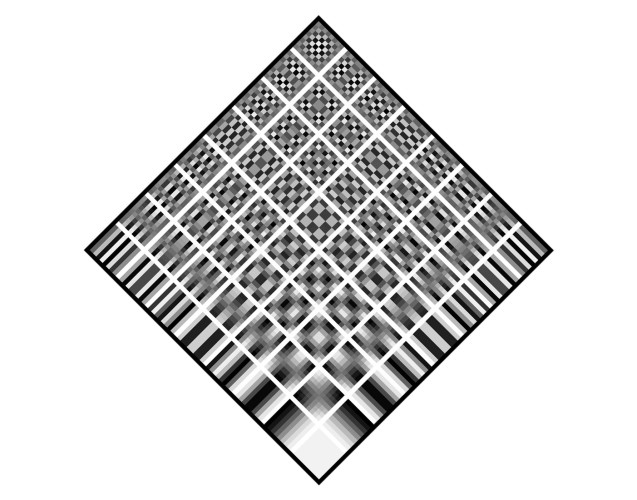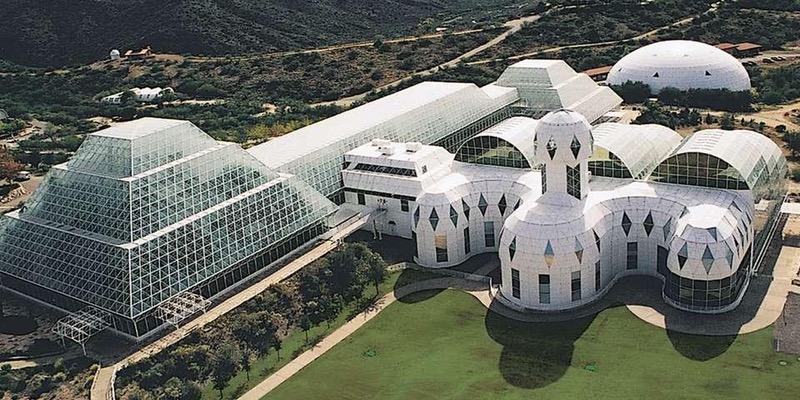Posts from May 2017
May 24, 2017, 7pm
Carroll / Fletcher, 56-57 Eastcastle Street, London W1W 8EQ
£5 tickets available here.
How Did the Computer Learn to See?
Alexander Galloway
How did the computer learn to see? A common response to the question is that the computer learned to see from cinema and photography, that is, from modernity’s most highly evolved technologies of vision. In this talk Alexander Galloway will explore a different response to the question: the computer learned to see not from cinema but from sculpture. With reference to the work of contemporary artists, along with techniques for digital image compression, we will explore the uniquely computational way of seeing the world.
This event is organised by IMCC in collaboration with Carroll / Fletcher. It will feature as part of a Critical Digital Humanities project run by the Department of English, Linguistics and Cultural Studies at the University of Westminster and Dartmouth College, USA, funded by the British Academy.
Alexander R. Galloway is a writer and computer programmer working on issues in philosophy, technology, and theories of mediation. He is author of several books, most recently a monograph on the work of François Laruelle, and is a professor in the Department of Media, Culture, and Communication at New York University.
For more information, please contact Kaja Marczewska: k.marczewska@westmister.ac.uk
Friday May 19th, 6pm
University of Westminster, 309 Regent Street, London W1B 2HW, Room UG04
Free admission, but please book here as space is limited.
Kathelin Gray, Biosphere 2 co-founder, in conversation with Dr Rob La Frenais, independent curator
Biosphere 2 was a massive project in the Arizona desert which, in 1991-94, completely enclosed 2 teams of humans, animals and plant life in a closed, sealed environment, creating laboratory conditions to study interactions in a biospheric system, to better understand global ecology, and as a spinoff, towards bio-regenerative conditions in space travel. When Biosphere 2 closed its doors in September 1991 for a two-year experiment in closed systems living and experimental ecology, it was, as it remains, years ahead of its time. The antagonisms which led to the termination of the Biosphere 2 experiment, in 1994, seem all the more absurd in retrospect, particularly in respect of the then involvement of Steve Bannon, now in the Trump administration.
Kathelin Gray who was involved throughout the experiments, says: “ It is ironic that with the reopening of the ‘space race’ to Mars, this work is now being re-examined and in some cases re-invented. The passage of time shows just how important this work was. We need to revisit ways in which we can demonstrate our impact on the ecology and the complex inter-relationships which make human existence on earth possible yet so fragile to our own impacts. Physiologically, culturally and chemically we are all earthlings. Our fate is indissolubly linked with the health of our fellow earthlings: microbes, soils, plants, animals, a concept that was once considered alternative thinking”.
There is still considerable debate about the continuing resonances of the largest project of this type that has ever taken place in the world. Much scientific knowledge was gained from Biosphere 2, despite controversy at the time. What was equally important was that it was also an art-science project, with the Institute of Ecotechnics as scientific coordinator. ‘Theatre of All Possibilities’ and ‘Theatre for the Reconstitution of Reality’ partnered in the experiment, bringing in an ongoing radical cultural experiment taking place inside Biosphere 2, “redefining performative architecture and the role of historical innovation on the world stage” (Gray). This collective, collaborative initiative has established multidisciplinary projects still ongoing worldwide, based in different ecosystems, with the Institute of Ecotechnics.
Rob La Frenais, curator of The Arts Catalyst for 17 years, founder editor of Performance Magazine and now an independent curator, himself visited and interviewed the Biospherians through the glass in the 90’s and will engage Kathelin Gray in a lively and provocative conversation about the legacy of Biosphere 2.
This event marks the launch of Proving Grounds, a new series of workshops and events organised by IMCC and the Centre for Research and Education in Arts and Media (CREAM) at the University of Westminster. The aim of the series is to critically engage with issues of inter- and trans-disciplinarity in relation to speculative, hypothetical or experimental research at the intersections of the arts, humanities and sciences. More information about Proving Grounds will be available at the event.

May 13th – November 26 2017
Castello 1610/A, Riva Dei Sette Martiri, Venezia 30122
Empire II
An artist-led satellite project at the Venice Biennale this year includes work by our own Steve Smith. Curated by Vanya Balogh, Empire II will feature three chambers; beginning with an extensive library, engaging in film history and theory, curated attentively by participating artists from their personal book collections and intended for browsing and perusing; leading further on to a single screen darkroom, a pulsating digital heart, showcasing a sequence of 115 imaginative short films programmed to play on the continuous loop; and on to the final imaginary space, the Virtual Reality port which will evolve over time in collaboration with various artists.
Empire II Venice will be accompanied by a 260 pages, full colour limited edition catalogue, designed and produced by Victor Hotz Studio in Switzerland, and will host a number of intermediate events during the Venice Biennale to be announced after the inauguration week. It will feature participating artists, filmmakers, critical speakers and special guests in form of presentations, special evening screenings and outdoor projections across Venice, including talks and group discussions related to film, technology, science and art.
Further info here.
Facebook event page: https://www.facebook.com/events/425050341168709/

A quick plug for the new Journal of Visual Culture Reader, a virtual themed issue, which includes material assembled from JVC’s extensive archives. To celebrate the coinciding in 2017 of the Venice Biennale, documenta, and Skulptur Projekte Münster, the ‘Exhibitionary Cultures’ reader includes – all free of charge – an array of contributions by artists, architects, academics and critics, curators, and museum and gallery educators, including David Cunningham of the IMCC’s critique (co-authored with Stewart Martin) of the Documenta 12 Magazines Project. Other pieces cover subjects as wide-ranging as the 55th Venice Biennale, the American Museum of Natural History, the Guangzhou Triennial, the Buenos Aires commons, South Africa’s Apartheid Museum, Maison des Civilisations et de L’unité Réunionnaise, the National Museum of the American Indian, the Singapore Biennale, and the Paris Universal Exposition of 1900.
Find the entirely gratis reader here: http://journals.sagepub.com/page/vcu/collections/virtual-issues/exhibitionary-cultures

Carroll / Fletcher at Frieze New York 2017
Randall’s Island Park, May 5 – 7, 2017 (Booth B20)
Thomson & Craighead, Frame
Over the last two decades, Thomson & Craighead (b. 1969 and 1971, both UK) have developed a pioneering body of work, using technology as a means to explore one of the fundamental questions of our times: what does it mean to be human in the digital era? For Frieze New York, Carroll / Fletcher presents a selection of artworks that tackle subjects as varied as meme politics, the self-help industry, and the ever-more relevant notion of an impending apocalypse.
To download a copy of the press release, click here.


The Institute for Modern and Contemporary Culture
University of Westminster Department of English, Linguistics and Cultural Studies
32-38 Wells Street, London W1T 3UW. United Kingdom.


